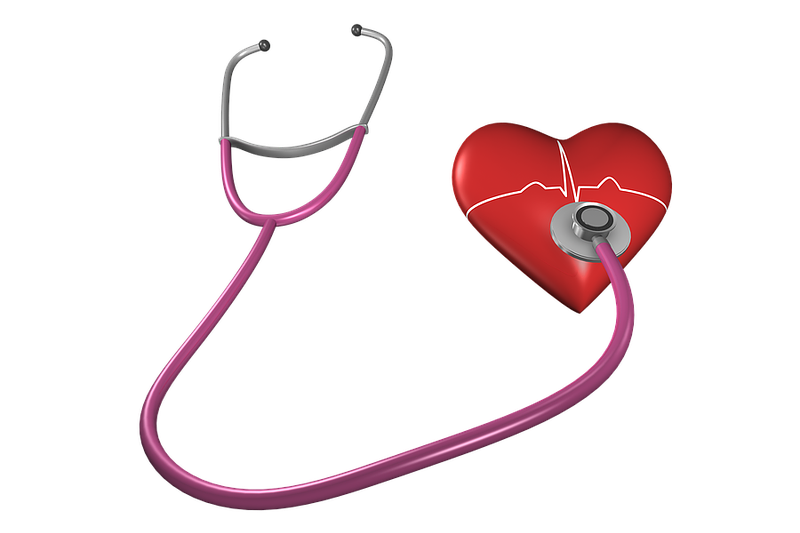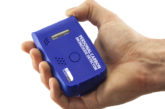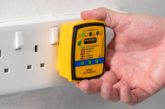
What is cholesterol, and why does it matter?
Everyone has cholesterol in their body. It’s a fatty substance which is essential for the body to work properly. It can be found in every cell in the body and is used to make vitamin D, different hormones that help keep muscles, teeth and bones healthy, and bile which helps food to be digested. Cholesterol is made in the liver, but we also get it from food. Cholesterol is carried in the blood attached to other fats and proteins (all together called lipoproteins) and is deposited where it is needed. There are different types of cholesterol that do different jobs.
We need cholesterol to help our bodies work properly but having too much of it can be very damaging. Having too much low density lipoprotein (LDL) cholesterol (also called ‘bad cholesterol’) can clog up the blood vessels in the body causing them to become narrowed. The cholesterol build- up interferes with the blood flow through the vessel, and sometimes the arteries can become completely blocked. Depending on where in the body this happens, it can lead to a heart attack, a stroke or loss of blood circulation in the legs.
Some people have higher levels of cholesterol than others. In some families, high cholesterol is a condition that can be passed on from generation to generation. It is called familial hypercholesterolaemia. Often, there have been people in these families who have been young and suffered the side effects of having high cholesterol such as having a big heart attack or a stroke before the age of 60.
So how do you know if you have high cholesterol? High cholesterol can have no symptoms and you might be unaware it is there. Sometimes it is only discovered after a person has a heart attack or a stroke. The only way to test for cholesterol levels is through having a blood test – depending on where you are this can be done as a regular blood test or as a fingerprick blood test. The blood can be tested to see what the levels of cholesterol are in it. The results of the cholesterol blood test can be used along with blood pressure and other health information to determine the risk of having a heart attack or a stroke in the next 10 years. This is helpful as it can help decide if medication may be needed to treat the high cholesterol.
Knowing you have high cholesterol is a good thing because it means you can take action to try and lower it. Eating a diet low in saturated fats, reducing alcohol intake, exercising more and stopping smoking can all help lower the risks of high cholesterol. If cholesterol levels are high, and changing lifestyle has not helped, medication might be needed. The most common medications used are called statins which work by slowing down the body’s production of LDL cholesterol. This means that, when cholesterol is needed, more is taken from the blood to use instead – this makes the blood cholesterol levels fall. There are different types of statin available. As with any medication, statins may have side effects – if this is the case, you should discuss these with your doctor.
Young, fit people may have high cholesterol. It is never too early to have a level checked, especially if anyone in your family has had a heart attack or a stroke.













